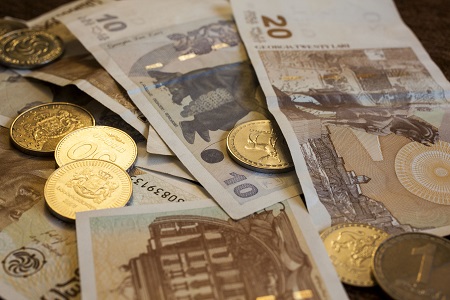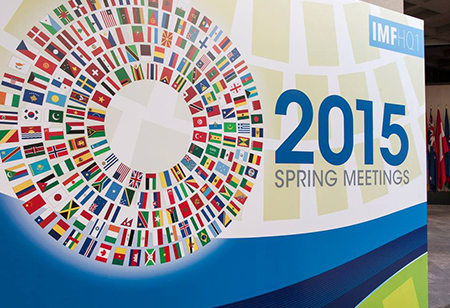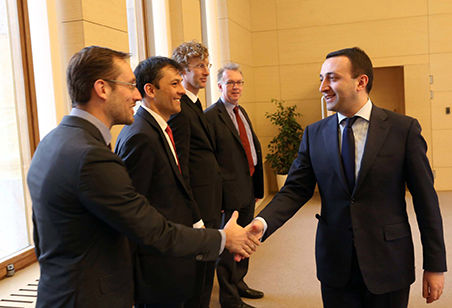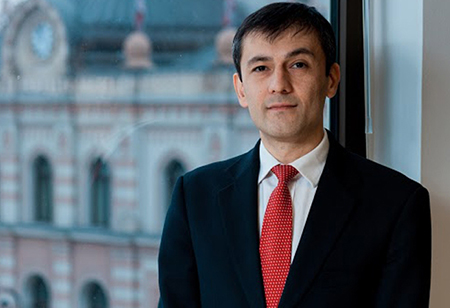IMF offers recommendations to stabilise Georgia’s currency

Reducing Georgia’s dependency on the US dollar and maintaining a floating exchange rate are two recommendations offered by the International Monetary Fund to Georgia.
Today IMF Resident Representative in Georgia Azim Sadikov voiced several recommendations to Georgian economic team members and summarised this year’s economic prospects.
Sadikov said Georgia was "tightly linked” to the foreign currency and this had caused economic instability. He recalled how Israeli, Turkey, Poland and Latin American countries suffered from the same problem and how successfully they managed to stabilise the situation.
I welcome the existing floating exchange rate in Georgia as this is the best way out for managing external shocks. Though this is quite a difficult challenge for the country which has such a high dollarization rate. When the dollarization rate is not high in the country external factors affect the population less. It is very important for the Georgian Government to regulate this challenge in the right way,” said the IMF representative.
For several days the national currency of Georgia, the Lari, has steadily regained some of its value. As of today, the price of 1 USD officially rated 2.2494 GEL. This was the Lari’s second appreciation since plummeting about 30 percent in value since November last year.
In response the National Bank of Georgia set a new exchange rate, where from tomorrow, June 13, 1 USD will cost 2.2494 GEL. The previous rate was 2.2546 GEL.
The Lari has also gained value against the Euro. From June 13, 1 EUR will cost 2.5164 GEL. The previous rate was 2.5414 GEL.
Georgia’s Deputy Economy Minister Irma Kavtaradze believed the Lari would continue to strengthen in the near future. She explained an increase in tourist numbers had caused the Lari to gain value against the US dollar.
Meanwhile, IMF projected Georgia’s economic outlook as two percent in 2015 and three percent in 2016.
"The twin shocks of the economic slowdown in Russia, a key trading partner, and lower oil prices are taking a toll on the region,” said Sadikov.
The Georgian side stressed Georgia and Turkey were now experiencing a better economic situation than in the recent past.
In some countries economic reduction is projected, while Georgia’s economy is growing and it exceeds its neighbour countries’ growth rate. To keep the economy growing, the Government is working very actively,” said Kavtaradze.
IMF positively assessed the work of the National Bank of Georgia (NBG), who was also working hard to stabilise the national currency. A legislative base was being prepared that would see NBG be "more transparent” and let the Government "have more information about its activities”.
According to the new law, NBG’s supervision department should be separated from NBG.
Kavtaradze said new law will not limit the independence of NBG.
 Tweet
Tweet  Share
Share





